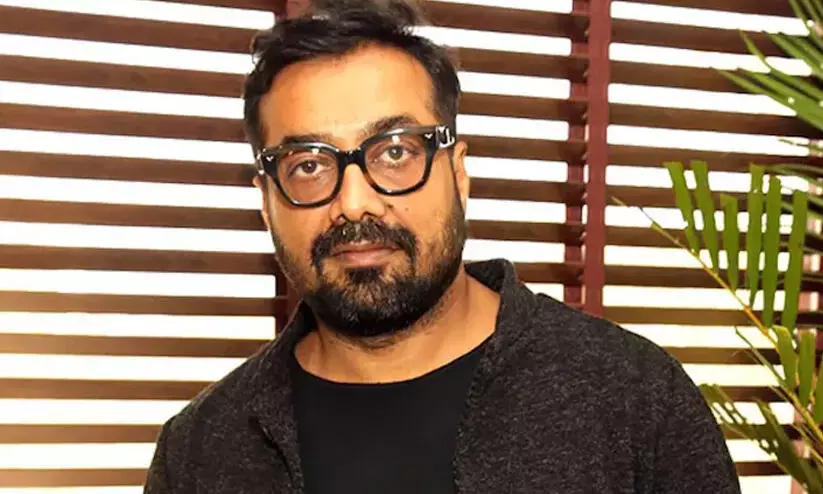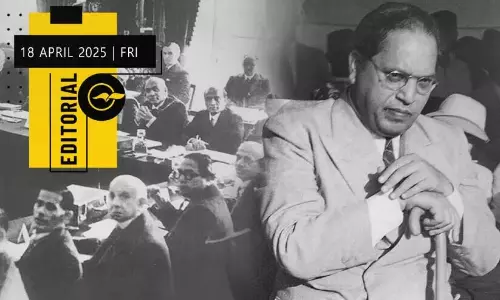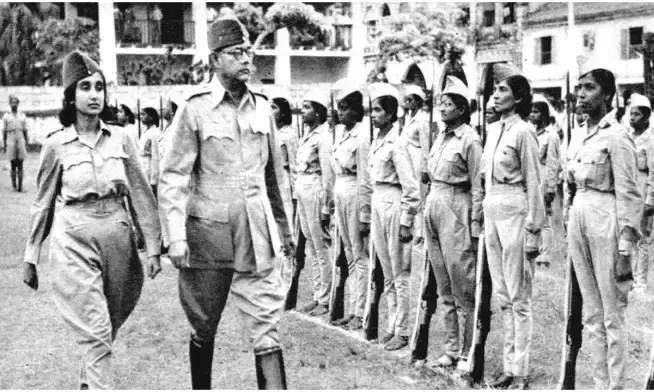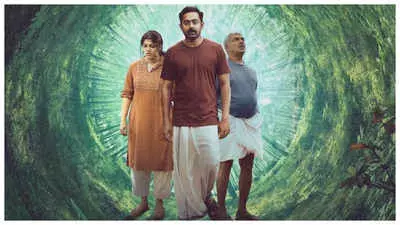
Memory as mystery, a tale of losses in Kishkindha Kandam
text_fieldsMemory is mystery in itself. You don’t have control over it, and you often struggle with it in different ways. Sometimes, being haunted by memory and at times, being abandoned by it. Memory is also a growing area of serious research in both medical sciences and the humanities. When the complexity of memory and its loss is used as a plot for a mystery thriller, it can be a perfect device to weave surprises and suspense. Young director Dinjith Ayyathan’s movie Kishkindha Kandam, the latest box office hit in the Malayalam film industry, attempts to do this successfully, giving us a remarkable work of art.
The movie kicks off its journey with the case of a missing gun belonging to an ex-military officer called Appu Pillai (Vijaya Raghavan). His son Ajayan (Asif Ali) and new daughter-in-law Aparna (Aparna Balamurali) reside with him in a large mansion, inside a dense forest, inhabited by countless monkeys. The title of the movie, with its allusive connections with Ramayana, is justified by the pervasive presence of monkeys throughout the story. The wilderness amply contributes to the mood of mystery in the movie, setting a perfect background to the story, both eye-pleasing and mysterious. The forest department personnel, multiple mentions of the Naxalite movement of the 70s and the current Maoist movement et al bring socio-political layers to the narrative, though the central focus is on the mysteries around Appu Pillai and his missing gun.
However, Appu Pillai hasn’t just lost his gun; his more pathetic loss is his memory. His mansion walls are full of photographs: one set features two people who have left the home – Ajayan’s young son Chachu and his late mother Pravina. The next set of frames captures Appu Pillai's army career. Images are an embodiment of our inescapable past. The boon of forgetting can rescue us from the miseries of the bygone years, but technologically imprinted memory cannot. The most striking part of Appu Pillai is that, as his physician discloses, nobody knows what he remembers and what he forgets. In a family that has secrets to guard, this could play a tricky game.
The movie is about the multiple loss of multiple people who share the same space and call it a family. Loss of a gun, a son, a wife, a mother, deeper connections, and above all, loss of memory. Certain losses can be borne, but certain losses cannot. Appu Pillai is that curious character who wrestles with his increasingly fading memory on the one hand and on the other painstakingly strives to hide his amnesia. Which struggle is more exhausting, and more draining? The rationale of the latter unnecessary struggle is his character itself: wounded pride, authoritarianism, over-perfectionism. Once you are consistently mocked by your colleagues, for forgetting and misplacing things, especially in a strictly disciplined environment like the army, you are likely to develop a tendency to cover it up. But the struggle is hard and the price you pay is heavy.
Appu Pillai’s character is nuanced, layered and complex. It shatters you and intrigues you. Veteran actor Vijaya Raghavan delivers one of the finest performances in his career, brilliantly capturing the eccentric complexity of a patriarch whose real nature is kept hidden till the climax. The writer and cinematographer of the movie, Bahul Ramesh, offers immense hope in the way he handles this subject with discipline and delicacy. Asif Ali proves his strong mettle as emotionally demanding scenes are soulfully rendered. Aparna Balamurali effortlessly performs her character, as she always does.
Aparna’s final dialogue in Kishkindha Kandam, when paraphrased, reveals her contentment about being with people who have concerns for one another than those worried about ‘morality’. In a typical philosophical setting, this sentiment can be problematic, as it challenges the ontological essence of morality. But the movie’s emotional weight let us give it a pass, without being burdened by moral subjectivism, and that’s where Kishkindha Kandam is a moving experience. A perfectly crafted screenplay that unfolds a mystery layer by layer, blending psychological insights with sociological outlooks.























